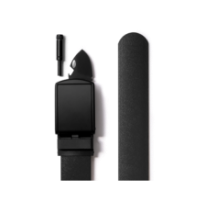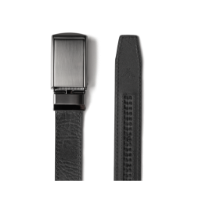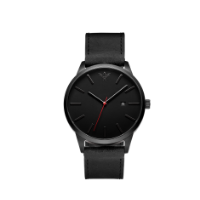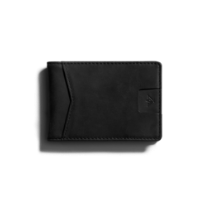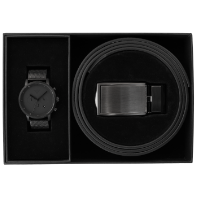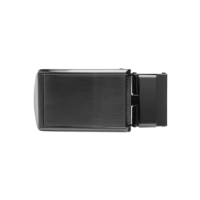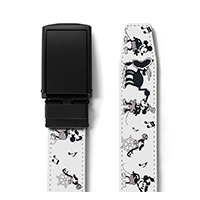THE LOOP
5 Reasons Sitting on the Ground is Good For Your Health:
Sitting on the ground is good for you because it:
1. Naturally improves your posture - this helps prevent injuries, reduces the chances of straining certain muscles and joints, which can lead to unnecessary wear and tear as well as structural problems.
2. Our bodies weren't made to sit in chairs! Chairs are a very recent invention in the grand history of human evolution.
3. Improves your strength and flexibility - sitting on the floor strengthens the lower back and core muscles, which are what allow us to stand upright without slouching, as well as pick up heavy objects without hurting ourselves.
Also, sitting on the ground increases hip flexibility which can reduce lower back and knee pain, and make everything from walking to dancing easier and more enjoyable.
4. Correlated to a longer life span - The ability to stand up from a seated position on the floor without using your hands has been correlated with a longer life expectancy (I didn't have time to look at the science to back this one up).
This test, which you can try yourself at home, is thought to measure balance, strength and flexibility needed to avoid common accidents, injuries and falls. The test is much harder than it sounds, and requires you to be strong and flexible enough to be able to sit on the floor fairly comfortably first.
(On behalf of HR, PLEASE do not try this at the office, thank yooou)
5. It's humbling - Sitting on the floor can give you a new, humble perspective on the world and even yourself. There is a reason monks meditate on the floor and not in chairs. ;) It's just more simple to connect with nature, animals, children, and self! Consider this during your next holiday gathering.
<3 Megz
SpongeBob Saturday
Stephen Hillenburg, creator of SpongeBob SquarePants, passed away on Monday.
Growing up, I watched SpongeBob probably more than any other cartoon. Many Saturday mornings were spent in front of the television with a blanket and a bowl of my favorite cereal, laughing at SpongeBob's silliness.
I think this Saturday morning I'm going to post up on the couch with my two nieces and two nephews, since I'll be staying Friday night at my mom's with ALL of them (pray for me y'all), and we are going to have a SpongeBob marathon.
I'm sure I'll appreciate the nostalgia.
26 tools
I'm back for a day! Filling in for Missa this morning, I thought I'd pull out one of my favorite blog posts from the past. Happy Tuesday!
Writing has always been my safe haven. When I would get in trouble with my parents as a child, I'd always write them a note to apologize and I've carried that form of self-reflection into adulthood. Yes, spoken words generally mean more, but there's something incredible about the ways that you can carefully craft a song, a poem or a heartfelt letter from just a pen and a blank piece of paper.
Here, you can choose your words carefully - you can edit, erase and begin again if it doesn't come out right the first time. The 26 letters of the alphabet are the only tools you need to craft something that could win a Nobel Peace Prize or a Pulitzer, express your deepest love to someone who might not know it, or apologize to your parents for not cleaning your room.
Alone, those 26 letters aren't much more than a catchy jingle you learn in Kindergarten. But together, the opportunities are truly endless. When it comes down to it, words are really the only thing that can change the world - for better or for worse. With letters as your tools, the pen and pencil are your sword - representative of human progression and the evolution of one of the oldest writing instruments known to humanity. Each has a history of inspiring the greatest minds the world has ever known, creating something extraordinary from nothing.
In a time where iPhones, iPads and computers are the preeminent forms of communication, don't forget the oldest and greatest form of written communication we have. There's no email or text message that can ever take the place of handwritten prose.

